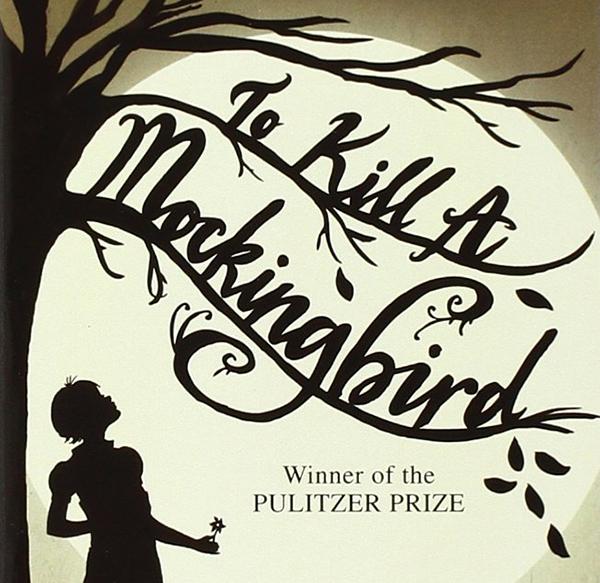But the simple act of leaving and then revisiting a book can enhance comprehension, vocabulary and understanding of the world around us.
For example, J.K. Rowling’s “Harry Potter” series – the series that arguably defines a generation – becomes an entirely different story when reread at a later age. Potter’s struggles with his family, fate and school environment all become running commentary on something deeper. Instead of viewing Harry’s arguments with his uncle and professors as silly spats on the way to Hogwarts and victory, the conflicts take on different tones of battling authority and struggling with morality as Harry tries to do the right thing.
Additionally, Harper Lee’s “To Kill a Mockingbird” seems to have the obvious undertones that each reader easily picks out in a high school literature class: racism, the stigma of Boo Radley as “other” and the violence of society all quickly rise to the surface. After another look, Scout’s childhood begins to fill with simple brutality and confusion as she tries to understand the adult things happening around her. The somewhat creepy Boo Radley changes to a symbol of good in a world gone wrong.
Rereading a piece of literature is an obvious yet underrated practice that we don’t do enough today. No matter the material, it deserves another look.









